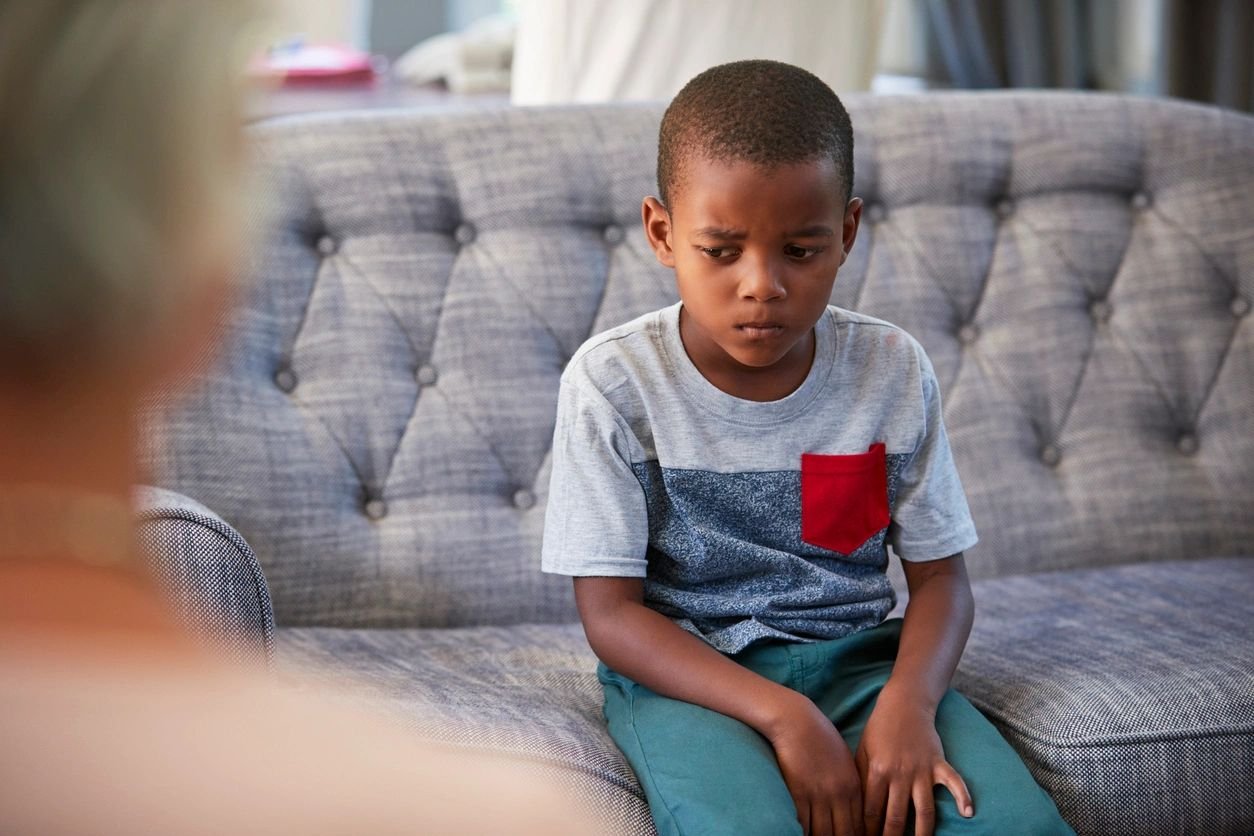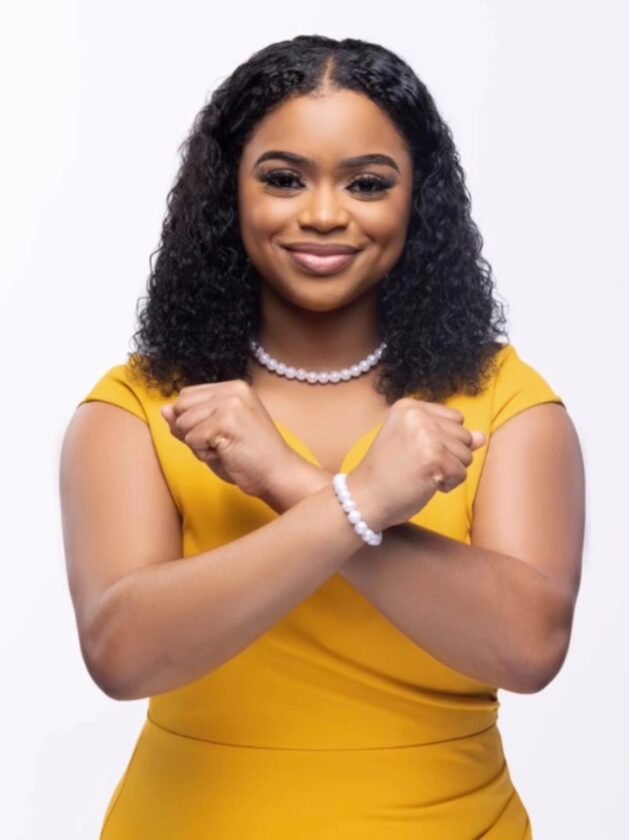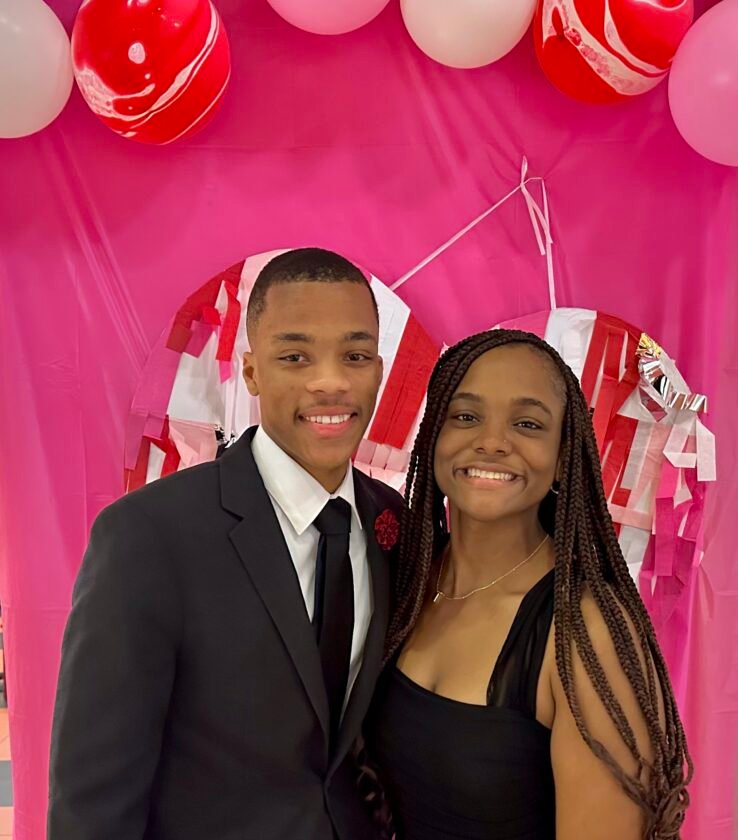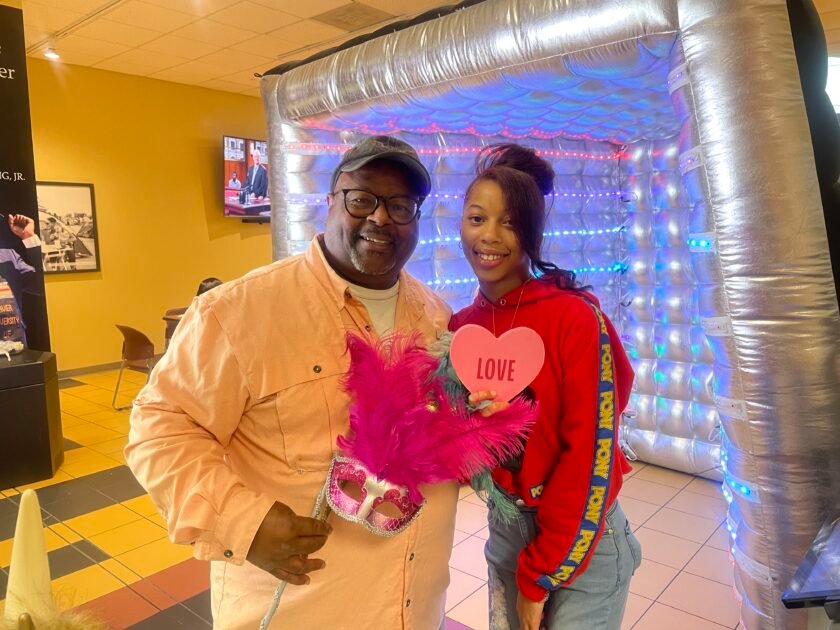By Kiersten McCollum, Staff Writer
Access to fair and equitable mental health aid is a struggle that can be recognized internationally. Within the Black American community, there is a long and complicated history surrounding the stigma of mental health as well as the inequality and inaccessibility of mental health resources and aid.
“Up until recently, I don’t believe it [mental health] was taken very seriously,” said Harper Cooper, a freshman Biology pre-med from Atlanta, Georgia. “ I feel like people took it as if you had mental health issues you were deemed as crazy or your problems couldn’t be taken seriously. Because Black people really aren’t ‘supposed to have mental issues. You know- we’re just supposed to struggle and keep it to ourselves,” she added.
Cooper’s opinion is one that is reflected accurately by studies but also seems to just be the tip of the iceberg. According to a study published by the Columbia University Department of Psychiatry on Feb. 8, 2019, approximately 20% of the Black American community experience serious mental health issues, such as Major Depressive Disorder or Generalized Anxiety Disorder. Yet, 63% of Black Americans believe that mental health conditions are a sign of personal weakness.
Moreover, Black young adults (ages 18-25) are said to experience higher rates of mental health problems but lower rates of mental health service accessibility comparatively to their white counterparts, and older Black adults.
The issue of inaccessibility becomes heightened with intersectionality in regards to the Black community. Those who identify as a part of more than one marginalized community seem to be at an even greater disadvantage. Transgender Black women are a leading example of this concern. The rate of murder for Trans Black women has increased to the point of being classified as an epidemic resulting in their life expectancy being lowered to 35 years old. With the lack of mental health aid from being a Black American, as well as from being a queer young adult, how can it be expected that these women are to develop effective coping strategies to adequately deal with their epidemical circumstances?
“Going to therapy is not cheap, it’s very expensive so if you don’t have insurance or anything like that to cover it…it’s just like the thought of even going to therapy or getting a diagnosis isn’t even an option because how am I supposed to do that if I can’t even pay for it?” said Cydney August, a junior Psychological Sciences major from Houston, Texas.
“Within the Black community and within lower-class areas, a lot of them don’t even have the time to set money aside for that,” August added, uncovering an additional layer to this multifaceted issue.
So the question remains, what can realistically be done? Both August and Cooper had ideas on what they thought could be done.
“I would start at a young age, making sure kids are talking to their parents or that they have a trusted person that they can speak to. Even if it’s not someone in a mental health position, just someone to talk to because I think that’s where a lot of mental issues spawn from,” Cooper said.
Studies have shown how implementing effective methods of emotional communication at a young has helped children develop into mentally healthy well-adjusted adults.
“I would set some kind of mental health facility in lower-income areas that would be free for people to get therapy, get diagnoses, and learn how to deal with their mental health and stuff like that,” said August. “I feel like that’s the big problem right there― it’s not having enough resources for people and not having adequate facilities like that and options like that in the areas that might need it most,” proposed August.
The stigma and inaccessibility surrounding mental health in the Black American community can only be fought by understanding that asking for help and prioritizing mental health is a reflection of personal strength, and not of personal weakness.




